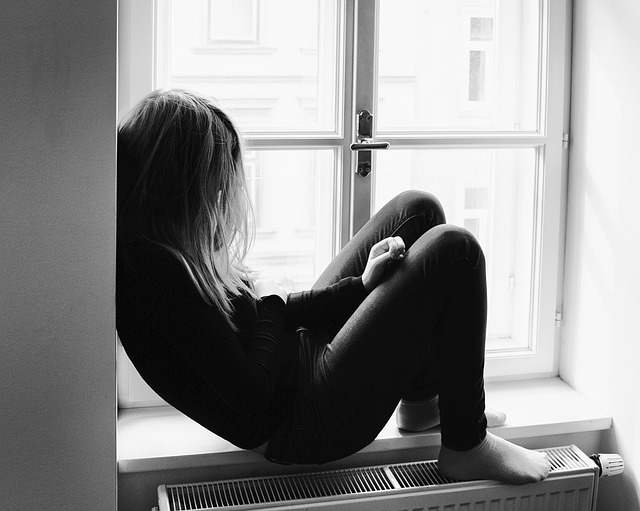Don’t apologize.
Don’t feel bad about how you feel.
Don’t feel as though your emotions are a burden on other people, or as though you need to excuse yourself for doing what you need to do to heal.
When it comes to issues like depression, anxiety, or other mental illnesses, we have this tendency to treat those who are suffering as though they are a burden—as though anything they do as a response to their mental illness, either because of it or as an attempt to heal from it, is an incredible inconvenience to those around them.
We get embarrassed, maybe even angry, when our loved one experiences a panic attack or some other sort of “episode” in public.
We get frustrated when our friends cancel plans because their depression is just too bad for them to do anything.
While we may not mean to, we create an environment in which people dealing with these mental illnesses feel the need to hide their illnesses. Our embarrassment forces them to have their panic attacks in the bathroom. Our frustration forces them to lie about why they need to cancel plans. Our behaviour, unintentional or not, makes them feel like they are a burden—like the way they feel is wrong, or impossible for other people to understand.
But they can’t control it. They can’t stop being mentally ill. If it was as easy as a depressed person deciding not to cancel plans, then they wouldn’t cancel plans. If it was as easy as a person with anxiety deciding not to have a panic attack, then they wouldn’t have a panic attack. These sort of things are neither fun nor desirable, and would, in fact, be avoided—if they could be.
But they can’t be avoided.
So when you roll your eyes at someone for doing these things, you aren’t stopping them from doing it. All you are doing is making them feel as though they are wrong for doing it—as though they are a burden. As though they are a burden for being something they can’t help being.
You make them feel wrong for being sick. And you wouldn’t roll your eyes or be embarrassed by someone for having a coughing fit or throwing up, would you?
And that’s not to say that people with mental illnesses cannot get better, or that they are completely incapable of ever changing this behaviour. But if they are going to do this, then they need understanding. They need to learn about their mental illness, rather than feel forced to suppress it. They need to be able to do what makes them feel better, whether that means taking things slower than other people might, taking breaks to think or calm themselves down if they need to, or whatever might work best for them.
It’s all very individual, and it takes time to figure it out. Time, and allowing for the chance to figure it out.
And if you’re going to give yourself the chance to figure it out, you need to unapologetically accept that this is who you are, and that that is okay. There is nothing wrong or shameful about having a mental illness, but learning to live with it will make it easier to deal with it.
So if you are living with a mental illness, don’t apologize for it. Don’t let anyone make you feel like you are any lesser because of it. If your actions have actually hurt someone, then apologize for that; but, do not apologize for who you are and the things you cannot control.
And if you know someone who is living with a mental illness, then please try to be patient with them, and try to make allowances for the things that are outside of their control. This does not mean that you have to put up with their abuse if their mental illness has reached a toxic level, but if they are merely struggling with their mental illness—having panic attacks or cancelling plans or discussing their feelings—then try to be there for them.
Try to help them, listen to what they’re saying, talk it through with them.
I understand that an initial reaction might be frustration or embarrassment, especially if all of this is new to you; but, trust me when I say that your relationship with them will become much closer and much more meaningful if you help them rather than make them feel guilty for how they feel.
~
Author: Ciara Hall
Image: Pixabay
Editor: Leah Sugerman
Copy Editor: Khara-Jade Warren
Social Editor: Nicole Cameron









Read 0 comments and reply